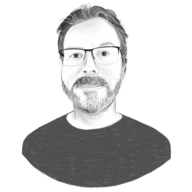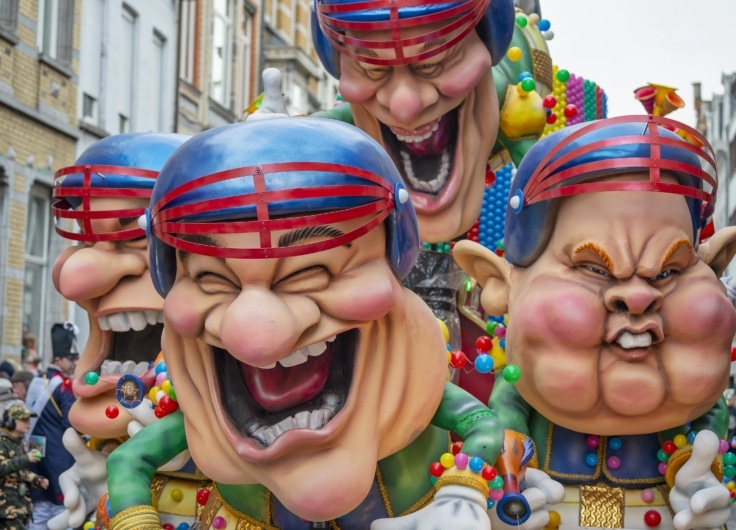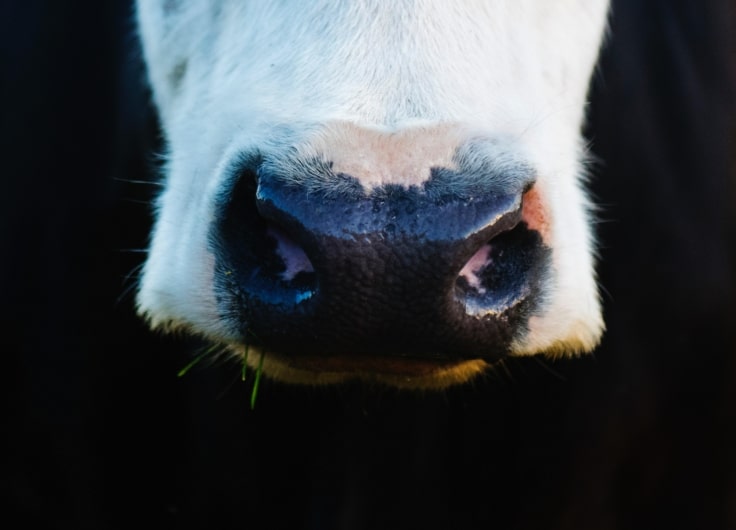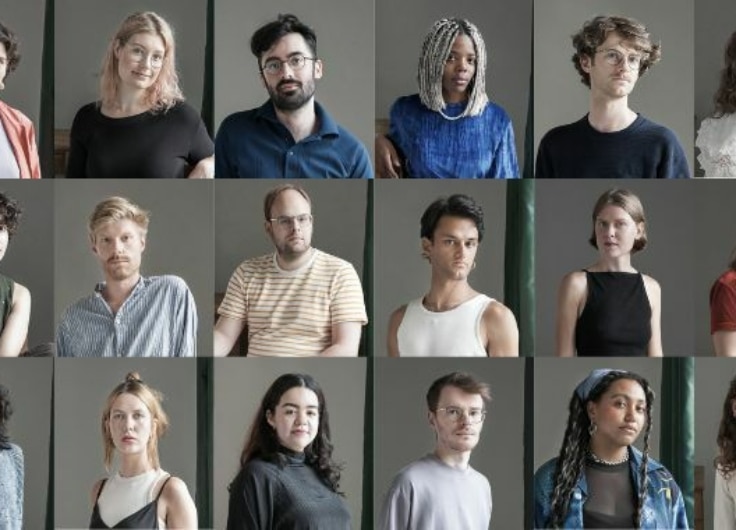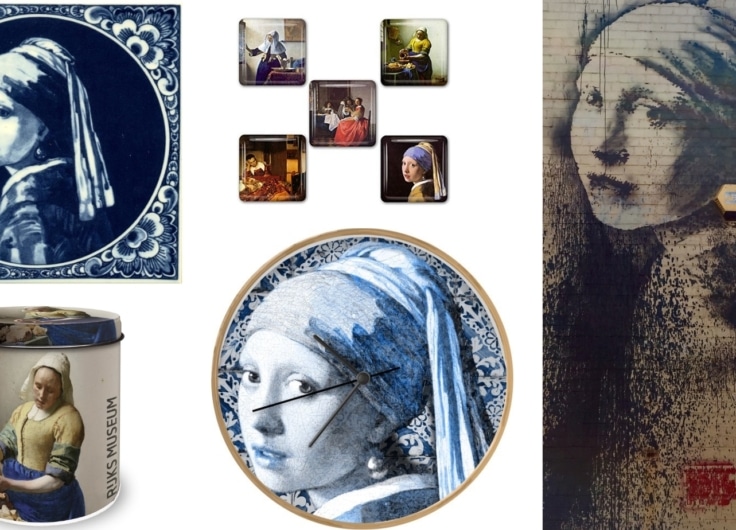Our Top History Stories of the Year
Join us in bidding goodbye to 2023 with some of the most surprising stories we have published this year about the history of Flanders and the Netherlands. They are worth reading again. Sit down by the fireplace. Relax with a glass of wine and enjoy the stories.
Antoni van Leeuwenhoek Pushed the Borders of the Visible
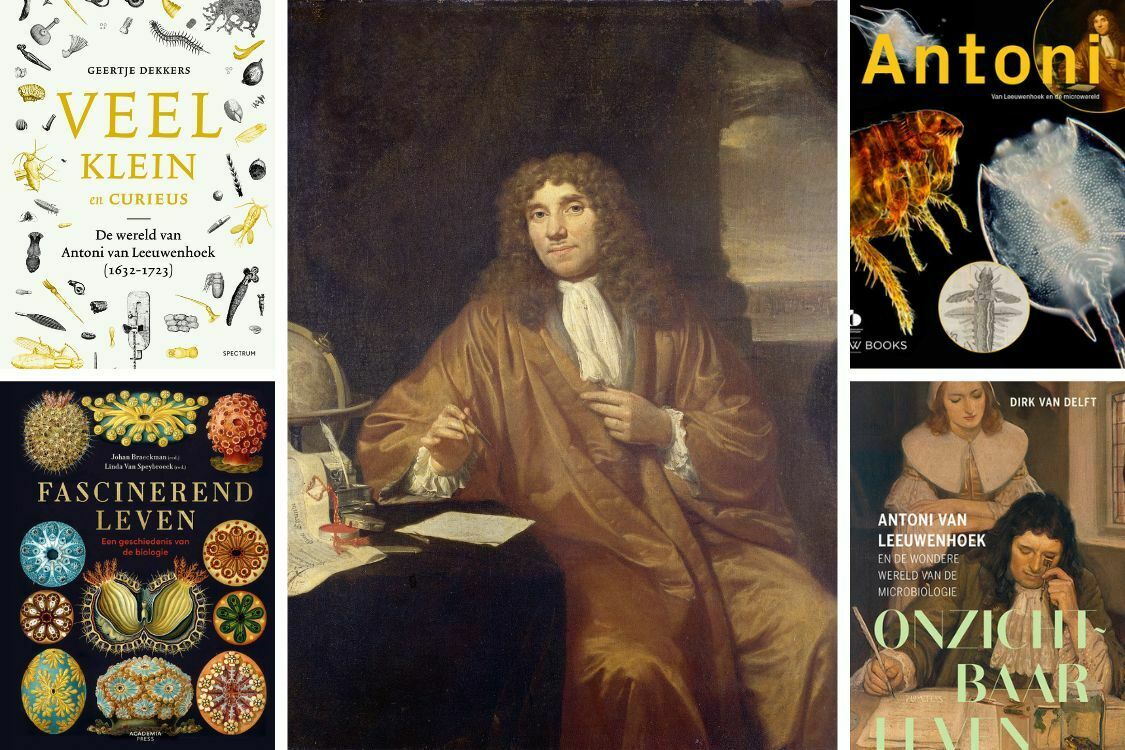
The Dutch self-taught scientist Antoni van Leeuwenhoek died three hundred years ago. The anniversary of his death has led to books and an exhibition that shed light on the life of this wayward pioneer of microbiology – an important development even in an era full of scientific advancements. Van Leeuwenhoek’s story illustrates how great curiosity about the small things led to ground-breaking discoveries.
Finally, the “Flemish Canon”
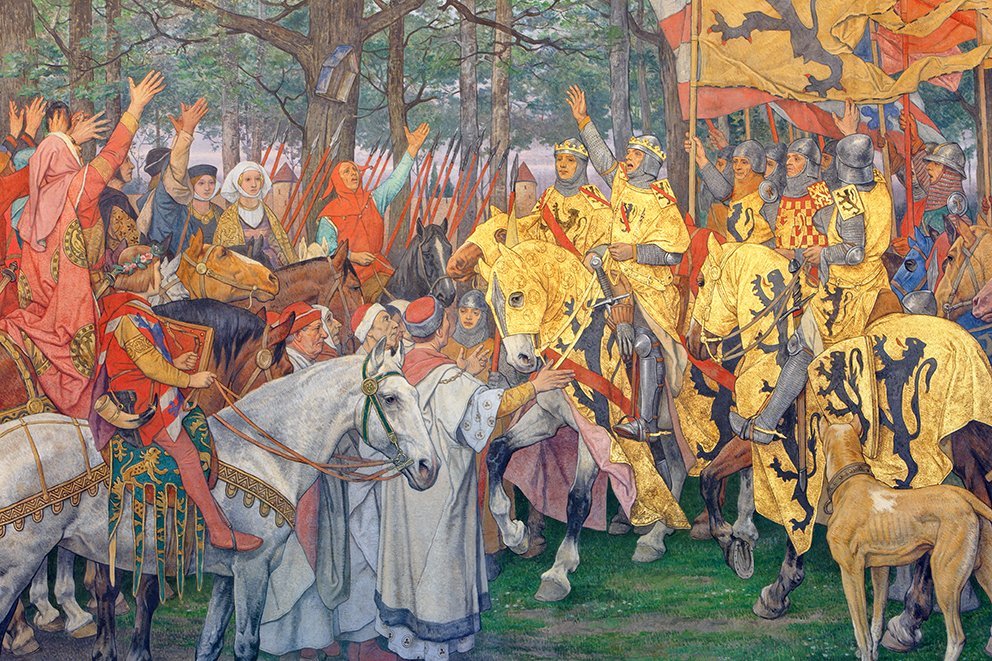
© City of Bruges
More than 15 years after its Dutch counterpart, the ‘Canon of Flanders’ is a fact: a list of events, people and traditions that, according to the expert committee, define today’s Flanders. Here is a selection of the topics with background information from articles from our archive.
The Dutch Windmill, a Symbol of Pride and Freedom
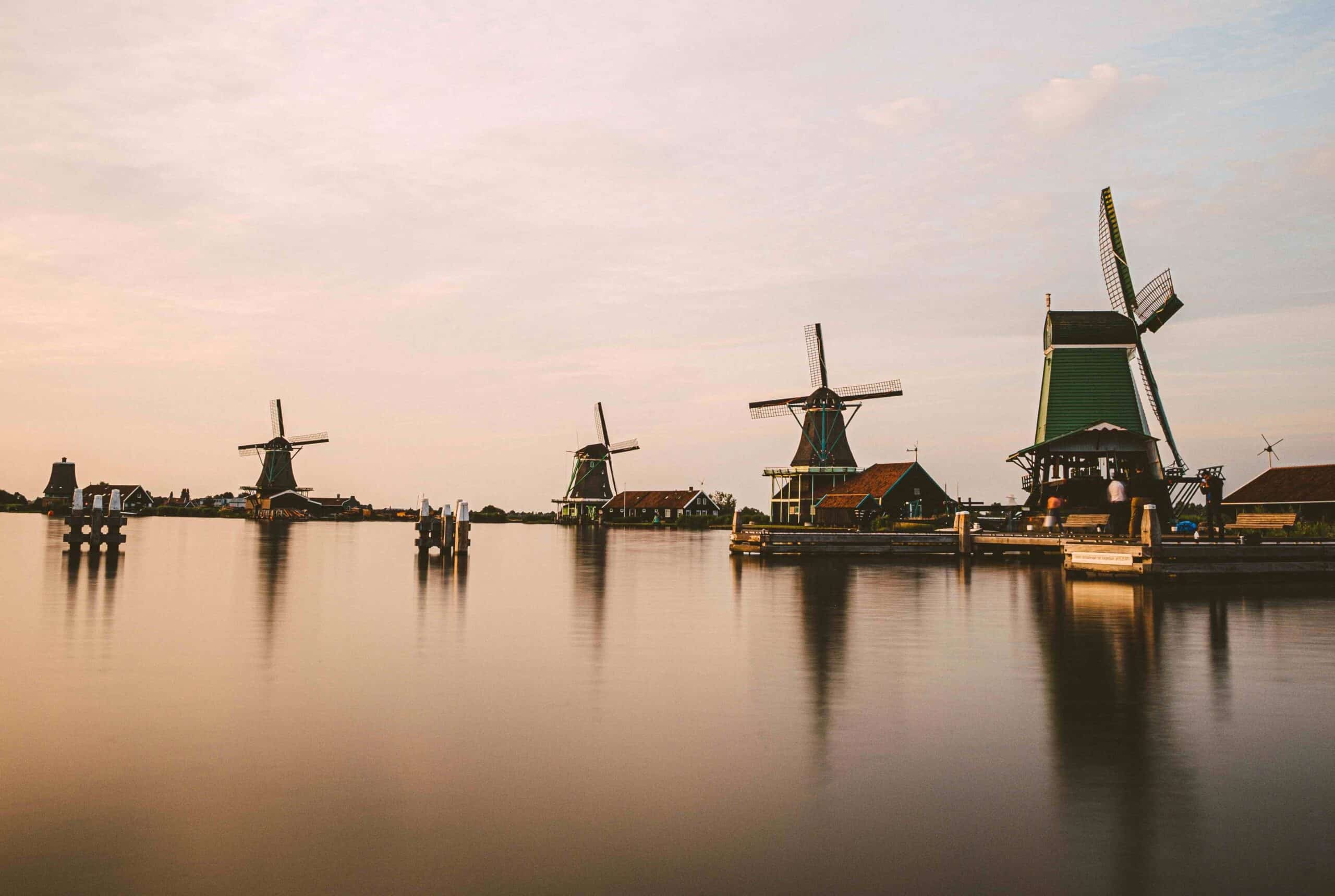
© Unsplash
One of the first things that come to mind when you think of the Netherlands is windmills. In history, they are often a symbol of freedom, loyalty to the fatherland and pride in the past. The buildings are top tourist attractions to this day. Lutgard Mutsaers, author of a book about the evergreen ‘Daar bij die molen’ (Down by the Mill) describes how a useful tool became a national icon.
Two Legs of the Same Compass

© Michiel Hendryckx
In Belgium there are approximately ten thousand Dutch-speaking members of a Masonic lodge; the Netherlands counts some seven thousand Freemasons. While the Netherlands mainly looks at the Anglo-American tradition, Belgium adheres to the French or ‘liberal’ tradition. Jozef Asselbergh, former Grand Master of the Grand Orient of Belgium, outlines the historical development and differences between Freemasonry in the north and south.
The Rise of the Citizen Historian
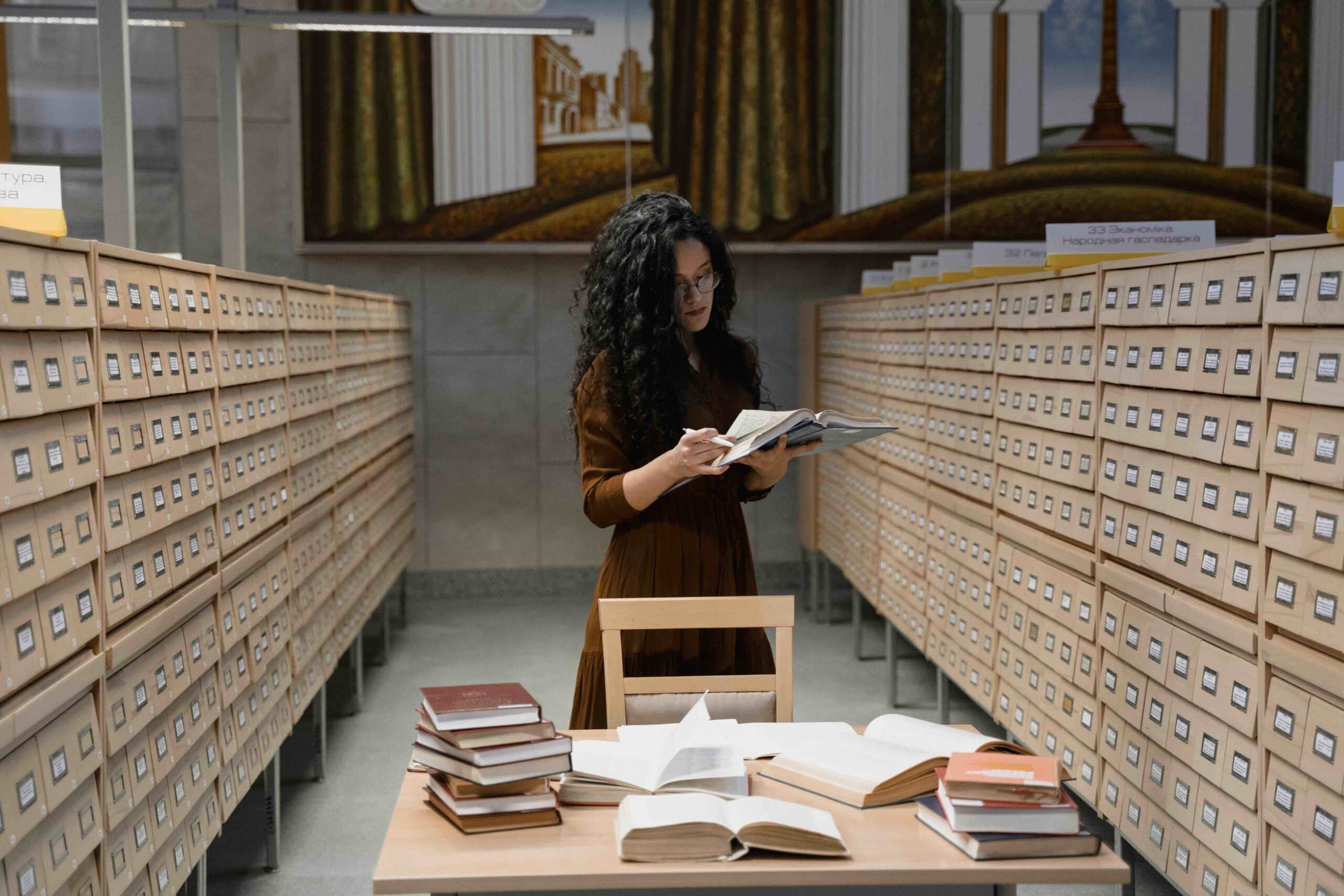
© Pexels / Tima Miroshnichenko
Universities are increasingly calling upon volunteer researchers for large-scale history projects. They collect and report information or enter data for further study. What motivates these ‘citizen historians’: the thrill of the puzzle, sensationalism, or a sense of historical injustice? And do they close the gap between academia and society?
Pink Triangles: Adopted Memories of Gay Persecution in Nazi Europe
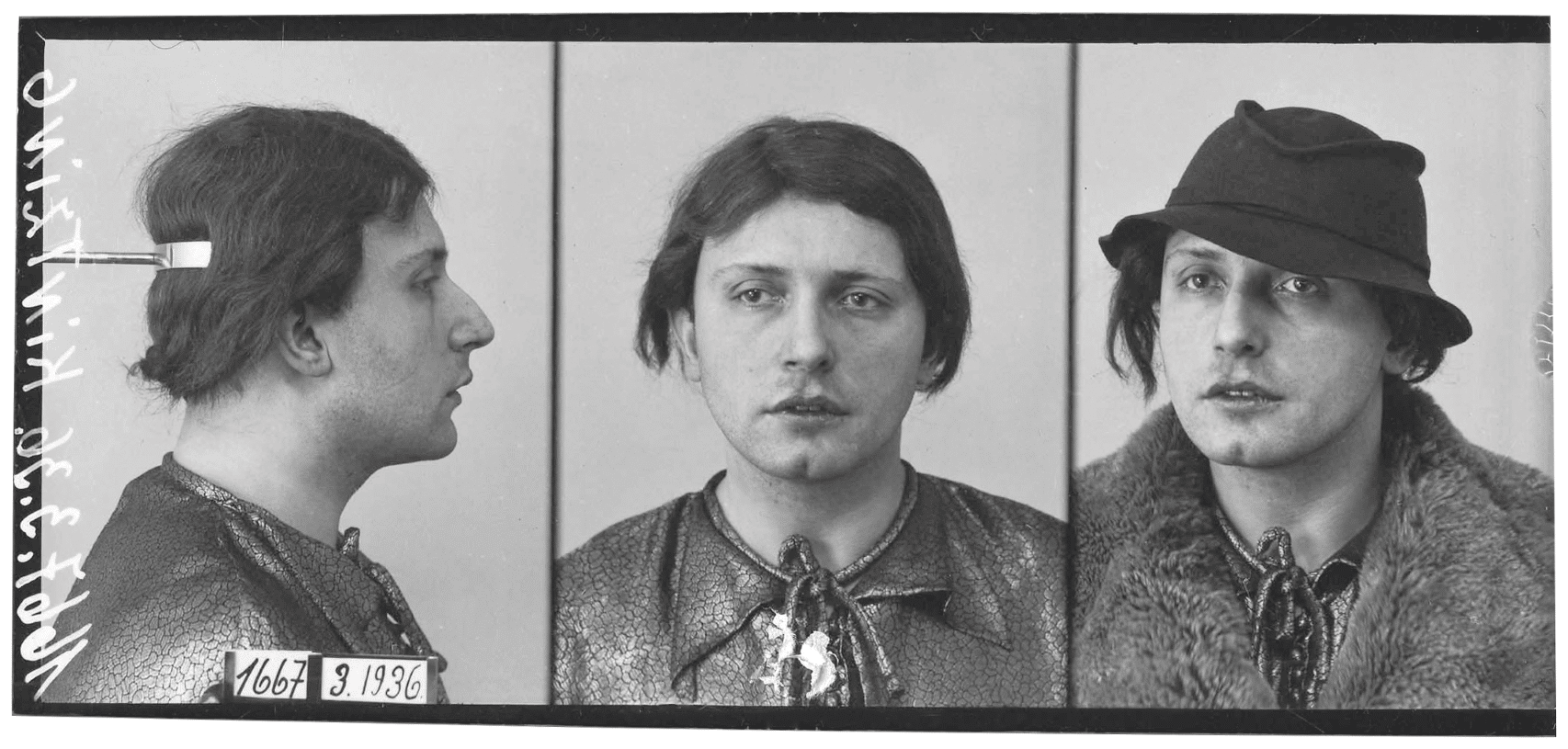
© Collection Landesarchiv, Berlin
For a long time, the persecution of gay men and women
during the Second World War went unrecognised. Meanwhile, the pink triangle became a universal symbol of the havoc caused by homophobia. At Kazerne Dossin in Mechelen, an exhibition highlighted the precarious situation of gays and lesbians in Nazi Germany and the occupied countries of France, Belgium and the Netherlands.
Peter Stuyvesant, an Anachronistic Symbol of Dutch-American Friendship
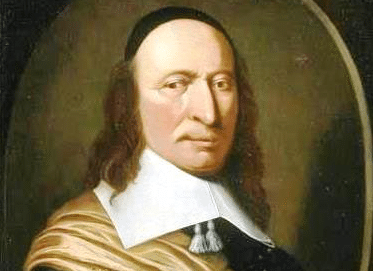
© Wikipedia
Dutch-American Friendship Day is a well-established annual event at the governmental level. In New York City, the historical memory of Petrus Stuyvesant has recently become controversial, but in the twentieth century, the image of the Dutch director-general of the colony of New Netherland was iconic as a symbol of Dutch-American friendship.
From Clara to Bokito: The Wilderness in Our Zoos
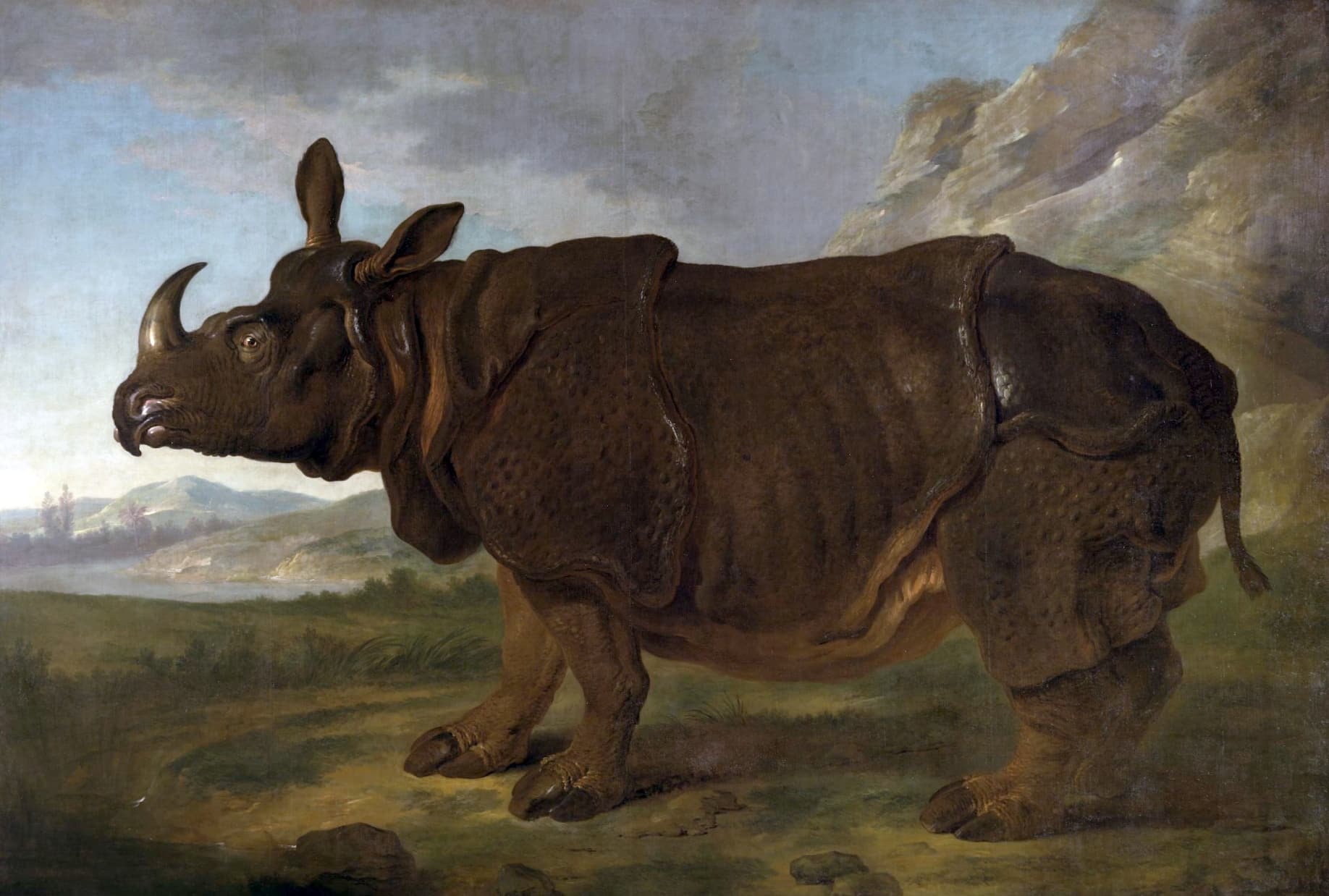
© Wikimedia Commons
Every year, Dutch and Belgian zoos bring nearly fifteen million visitors face to face with exotic animals. Our fascination for and exploitation of wild animals has a long history that reveals major social changes: from prestige projects for medieval monarchs to experiences for the general public. Raf De Bont recounts that history in a story starring Clara the rhinoceros, Jack the elephant and two gorillas named Gust and Bokito.

